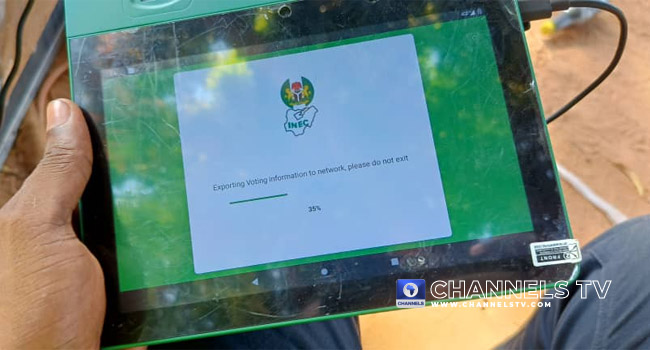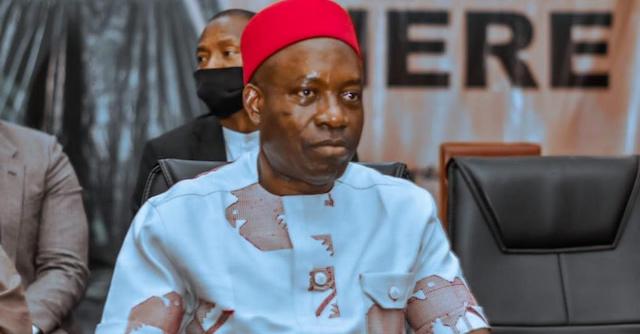A Lagos government official’s stark admission that residents of the city’s Lekki Peninsula may be consuming sewage-contaminated groundwater has drawn sharp criticism from advocacy groups, who argue the crisis stems from systemic neglect of public water systems. Mahmood Adegbite, Permanent Secretary for Lagos State’s Office of Drainage Services and Water Resources, recently acknowledged that many residents relying on boreholes and wells could be drinking what he termed “shit water,” highlighting risks linked to inadequate sewage management.
Corporate Accountability and Public Participation Africa (CAPPA), a nonprofit organization, condemned the remarks as evidence of prolonged governance failures. In a Sunday statement, the group stressed that the official’s blunt language, while attention-grabbing, sidestepped the state’s responsibility for decades of underinvestment in public water infrastructure. Millions in Lagos, Africa’s most populous city, depend on privately dug boreholes or wells due to unreliable piped water access—a reality CAPPA called “a survival measure, not a luxury.”
“The government is bad-mouthing a crisis it created,” the organization stated, accusing authorities of failing to address chronic issues like fecal contamination, untreated sewage, and poor wastewater systems. CAPPA Executive Director Akinbode Oluwafemi emphasized that privatization efforts championed by the state had worsened gaps in accessibility and quality. “You cannot neglect your constitutional duty for decades, then turn around to shame people for doing what they must to survive,” he said.
The contamination risks come amid broader public health concerns, including recurring outbreaks of waterborne diseases in Lagos. Oluwafemi urged officials to prioritize urgent upgrades to sanitation infrastructure and climate-resilient water systems rather than shifting blame. “What is the government doing to ensure citizens no longer live in fear of disease outbreaks?” he asked.
CAPPA outlined demands for immediate action, including increased public funding for water and sanitation, the abandonment of market-driven reforms, and community-led governance models. It also pushed for emergency measures to repair broken sewage networks and expand services to marginalized neighborhoods.
The dispute underscores growing tensions in Lagos, where rapid urbanization has strained aging infrastructure. Over 60% of the city’s 20 million residents lack access to regulated water sources, according to recent estimates, driving reliance on unmonitored groundwater. Health experts warn that prolonged exposure to contaminated water increases risks of cholera, dysentery, and other illnesses—a challenge compounded by climate change impacts like flooding.
While Lagos authorities have pledged to reform water management, critics argue progress remains slow, leaving residents to navigate health hazards amid a lack of alternatives. As debates over accountability intensify, the crisis highlights broader struggles in global megacities to balance development with equitable access to essential services.



